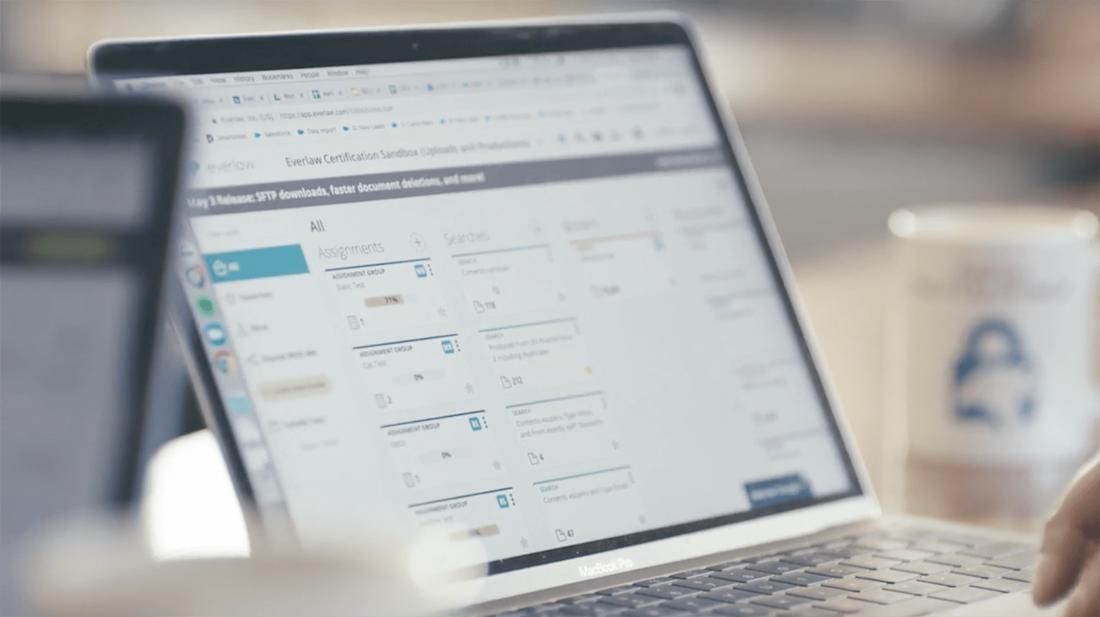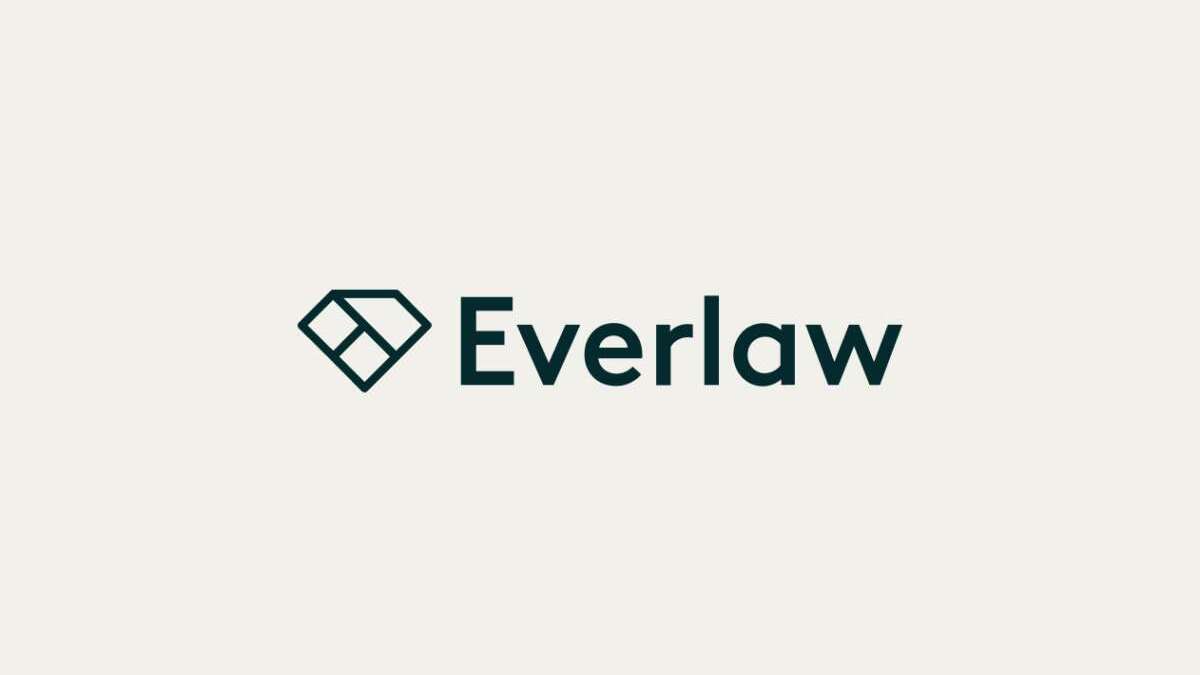Storybuilder by Everlaw [Part I]: The Current Challenges of Building a Case
by Everlaw

Preparing for complex litigation has traditionally been a collaborative effort among large teams of attorneys and paralegals, firms, and corporate counsels. To complicate matters, recent global events have intensified the pressure to empower remote employees in the legal profession with the right technology and tools to remain as collaborative and productive as they always have been.
To function in this demanding new environment, organizations require a turnkey solution allowing users to organize their key case documents and collaborate on crafting compelling narratives remotely and securely. That’s why we’re proud of our new narrative-building offering: Storybuilder by Everlaw! In the first installment of this two-part blog series, we’ll explore the current challenges litigators face when crafting compelling case narratives.
The Challenges of Building a Case
With the volume of digital evidence already growing by leaps and bounds, the COVID-19 pandemic has forced law firms and legal departments to push their resources to a whole new level. According to AJ Shankar, CEO and Founder of Everlaw, “As the digital universe continues to expand at exponential rates, it only becomes more difficult to devote the necessary time, budget, and resources to uncovering key data and facts to help get to the truth.”
Challenge 1: Collaboration and Communication
Building a compelling legal argument is extremely challenging, even in-house. When preparing a complicated matter for trial, legal teams are required to maintain version control when dealing with competing edits, merge online and offline revisions, prepare multiple copies of exhibits and evidence for depositions, and keep vast volumes of information organized in preparation for trial — no easy task.
Sue Muncey is a litigation paralegal at Berger Kahn in Irvine, California. Berger Kahn represents some of the largest carriers in the insurance industry and also maintains a wildfire litigation team. Muncey speaks of the collaboration and communication challenges associated with the extensive, complex wildfire litigation that her firm routinely handles:
 Play this video on Vimeo
Play this video on Vimeo
Critical stakeholders in litigation can’t afford to get bogged down within the review workflow. However, the insights from these case leads, contributing partners, client stakeholders, and experts can be invaluable. Technology offers an engaging and accessible experience for these users to interact with the documents that matter.
Challenge 2: Capability to Work Remotely
According to Law Journal Newsletters, the COVID-19 pandemic has forced millions of employees to work remotely, and “[t]he idea of working together while apart has prompted many law firms to reevaluate and analyze their strategies for operating safely, securely, and efficiently.” Legal teams face many formidable challenges when working remotely, such as:
Security concerns when team members are working on personal Wi-Fi networks.
Streamlining communication while in a deposition when not everyone can be physically present (i.e., many co-counsel will phone in, even when in-person depositions can take place).
Time and accuracy challenges associated with compiling physical notes into electronic documents.
The reaction-time delay sometimes associated with remote work.
Maintaining the real-time transparency necessary to keep all team members on the same page.
Innovative technological tools provide real-time software and management solutions that enable legal teams to share and update information virtually while driving productivity and engagement during these unprecedented times.
Preparing for complex litigation has traditionally been a collaborative effort among large legal teams. That’s why we’re excited to introduce to you the legal industry’s first free narrative-building toolkit: Storybuilder by Everlaw.
Challenge 3: Integrating Key Bits of Depositions into Overall Case Theory
After review has concluded and the trial date draws near, legal teams will typically need to prepare to depose witnesses (these workflows will sometimes happen parallel to one another). Associates and paralegals often work at breakneck speed to print out copies of exhibits for opposing counsel, transcribe post-deposition sticky notes into to-do lists, and synchronize deposition insights with transcripts.
Depositions present unique challenges for litigators, including how to efficiently handle deposition transcripts when uploading to an electronic format. They must also determine the quickest way to review transcripts and prepare for trial, and how to highlight and integrate crucial parts of testimony for trial presentation, witness questioning, or general case theory.
Organizations that leverage enterprise-grade software create more efficient work and communication processes, eliminating wasted allocation of time, resources, and budget. By embracing technology, they can deliver more value to their clients while keeping costs under control.
Are you interested in solving these challenges? Check out “Bridging the Virtual Gap with Storybuilder by Everlaw” to learn how our free narrative-building toolkit provides legal teams with a fully collaborative environment to build their cases and prepare remotely for litigation.

Everlaw’s advanced technology empowers organizations to navigate the increasingly complex ediscovery landscape, tackle the most pressing technological challenges, and chart a straighter path to the truth—transforming their approach to discovery, investigations, and litigation in the process.